Why Novels Haven't Died Out (and Never Will)
We read less than before, and books have less cultural impact - but I'm convinced we'll still be reading novels in 100 years.
I was an extremely keen reader in my childhood, sometimes consuming dozens of books per year (often cheap 1990s sci-fi paperbacks). And as someone who read more than most around me, I constantly heard some variation of this:
“Wow, you read a lot for a young man. Don’t you think books are dying out these days?”
It was true. Every year, book sales went down, and the local libraries looked sadder and more underfunded. People like my mother, who used to be a very heavy reader, switched to binge-watching TV (whether it was something highbrow like The Sopranos, or reality TV like Judge Judy and The Jerry Springer Show). My older brother, who read as much as I did, gradually spent more time playing online games like Runescape.
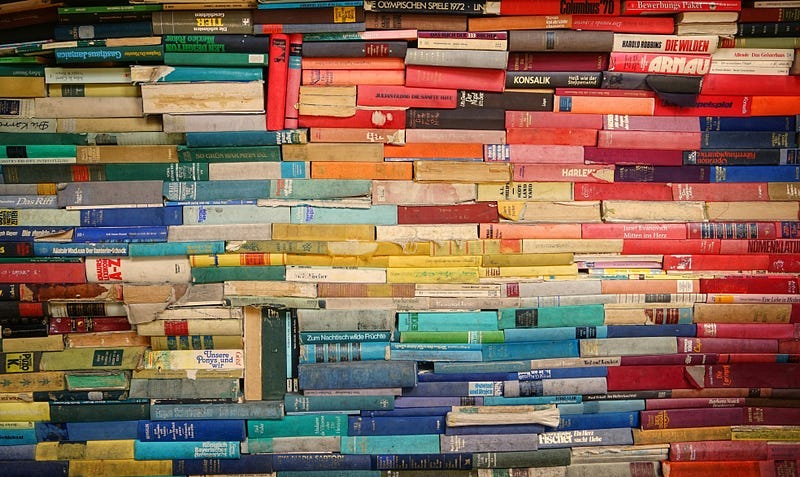
But at the same time, I wasn’t really worried about the future of books. I shared my childhood with a series you may have vaguely heard of called Harry Potter, and I think anyone who grew up during the Harry Potter craze would have struggled to seriously imagine the death of books in their lifetime. I remember queuing up for hours in the miserable Irish rain and wind, in a line of hundreds of people (in a town of fewer than 12,000), waiting for the midnight release of the 2nd last book in the series.
People were pointing out that a single series couldn’t keep an entire art form afloat, and it did seem to me that no book series would ever approach the celebrity of Harry Potter again — but then, as the final Harry Potter books were coming out, a new series called Twilight emerged and became almost as much of a cultural sensation. And as Harry Potter and Twilight came to a close, they were followed by The Hunger Games, which itself was followed by Fifty Shades of Grey and A Song of Ice and Fire (the Game of Thrones books).
Amidst this flurry of blockbusters, it was hard to imagine a world without books. It’s sort of like the fact that urban pigeon populations are in decline: technically true, but anyone who likes pigeons will still see plenty for a long time to come. We weren’t talking about the eventual death of the art form; I never feared that books would die off like poetry or lamplighters. They would just share the landscape with slightly more competitors, still capable of dominating the cultural zeitgeist and selling books to “non-readers” on occasion.
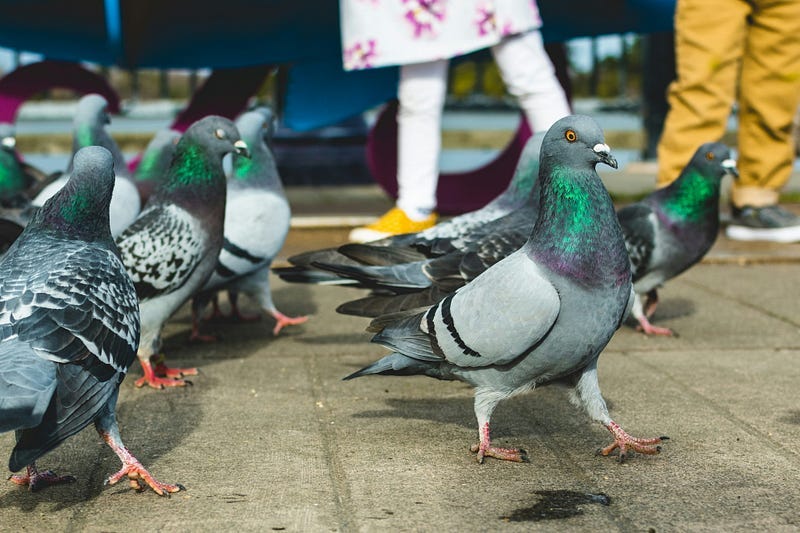
Today, I worry a little more about books. Maybe it’s guilt that I read far fewer novels than I used to. Maybe it’s that we haven’t had a true blockbuster fiction book in over a decade. I fell into reading without any parental pressure; I suspect any kids of mine would need to be nudged into it.
I don’t think it’s necessarily a terrible thing that books are losing ground, because in part it’s caused by other media becoming better. Video games have transformed from simple arcade games to stuff like The Witcher 3 and The Last of Us, titles which have storylines, soundtracks, art direction and voice acting on par with good films. We’ve also been living through the golden age of prestige TV drama, with works like Mad Men and The Wire attracting the same kind of intense, thoughtful attention that we used to reserve for novels.
That’s the Light Side of the book decline. The Dark Side is social media doomscrolling, mobile games like Candy Crush, reality TV, and true crime podcasts. And while I think any reading is better than none, it’s glaring that we’re reading a lot more nonfiction (self-help, memoirs, pop science) and the fiction we are reading is heavily segmented by genre (vampire, fantasy, sci-fi, “lit fic”). There’s also the phenomenon of older readers almost exclusively reading young adult fiction ostensibly written for teenagers. That’s not inherently bad, but it does suggest the book industry is failing to push even the most dedicated readers out of their comfort zones.
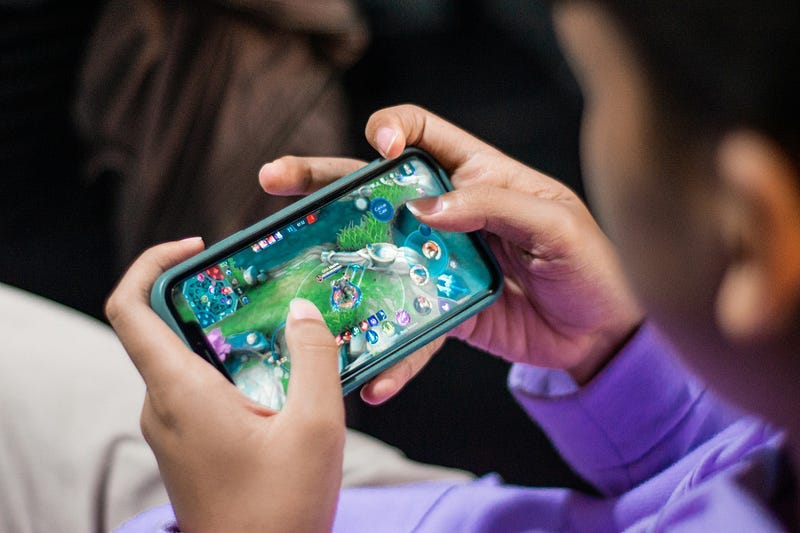
I’ve painted a pretty gloomy picture, so do I still believe in my optimistic title? Yes, but with caveats. I think that engaged readers are as fanatical and well-organised as they have ever been (evidenced by communities like BookTok and Reddit’s r/books). I think books have become more accessible than ever before (thanks to new technology, like e-readers, and new platforms, like Audible). I even think that there are probably more good books being written now than 50 years ago, if only because the spread of literacy and leisure time enable more writers (and more writing time) across regions and social classes than ever before.
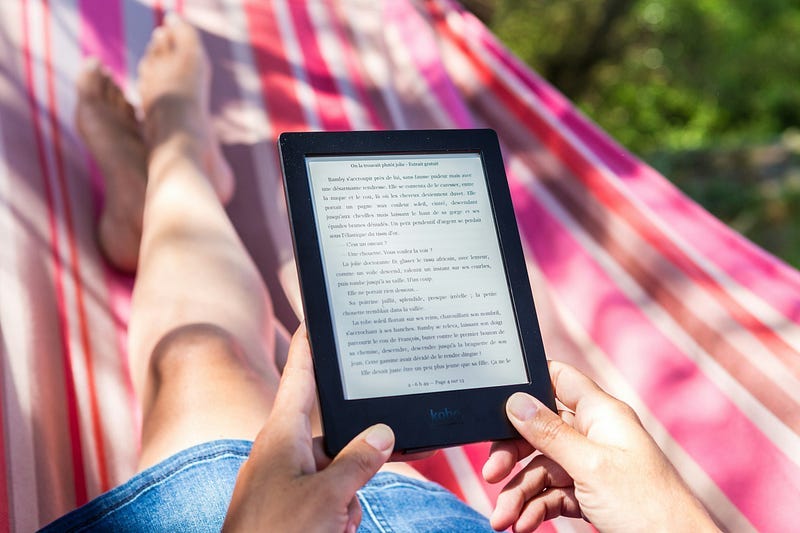
And there are pretty fundamental reasons why novels hold their ground well. Even if novels are no cheaper to buy than movies or TV, they are much cheaper to create and release. This means novels will always be on the cutting edge of mass media, and the film and TV industries thrive when they adapt successful books (The Godfather, Jurassic Park, The Lord of the Rings, Dune, Fight Club, Normal People) rather than making Iron Man of the Multiverse, Part 9: She-Hulk Meets the Avengers!
And novels also do something essentially different from competitors on screen and stage. They are slower, and require the consumer to do more of the imagining. There are more open to interpretation, and less overwhelming to the senses: no soundtrack, no special effects, no popups, no reminder to renew your subscription. They are incredibly resistant to gamification and monetisation, and they are usually the work of a single person, rather than the vast creative teams that define TV, film, theatre, and most musical acts. Censorship is much more widespread in film, TV and video games than in the literary world.
Ultimately, what I expect (and fear) is that novels will not die, but age gracefully. They’ll be relegated to the cultural position of theatre or classical music: socially prestigious, popular enough to maintain a lucrative niche, but the exclusive preserve of the intelligentsia.
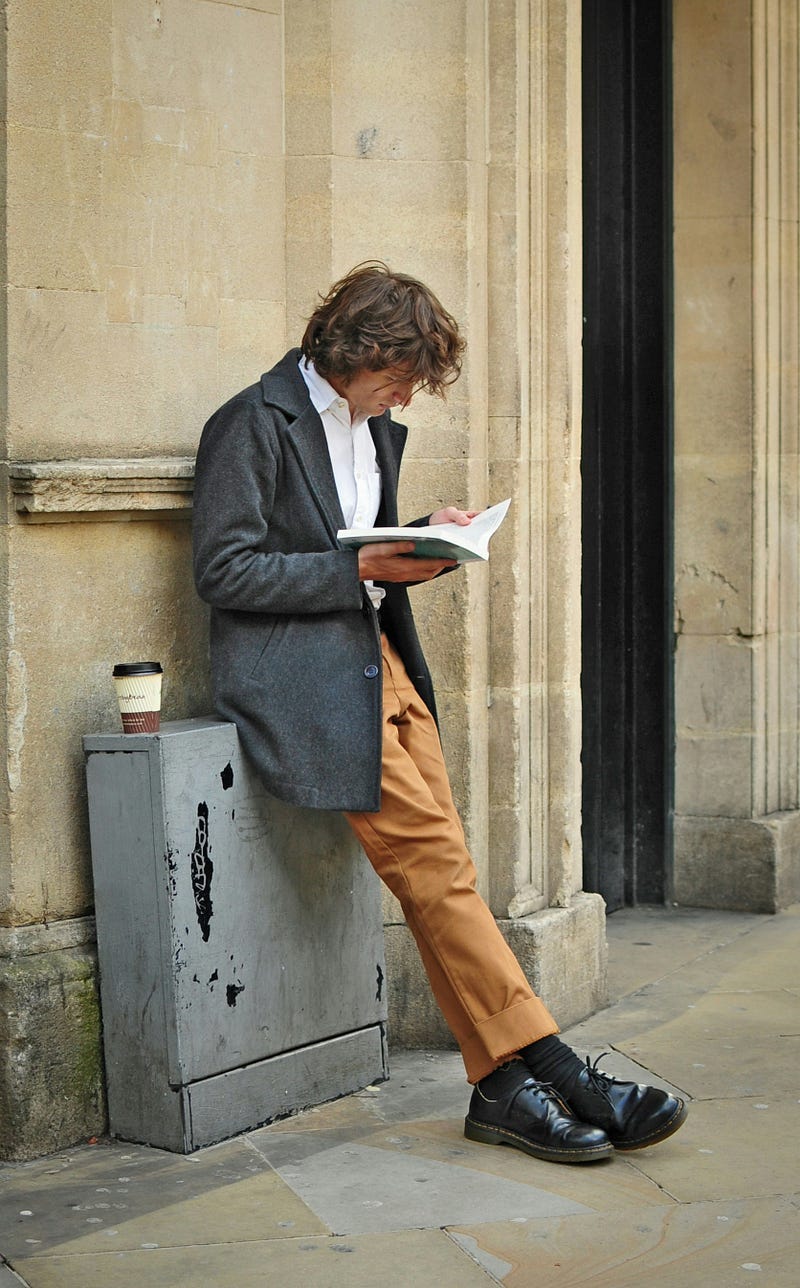
The position of theatre in modern society is objectively not bad. It is a billion-dollar industry vital to the economy of at least two global megacities: Broadway in New York and the West End in London. It is present in most schools in the developed world, and still manages to attract A-listers like George Clooney and Robert Downey Jr because of its reputation as a proving ground for Serious Actors. Occasionally, a theatrical hit like Hamilton breaks through to the pop culture mainstream. All considered, art forms like poetry would kill to be in theatre’s position.
But that’s still a far cry from the days of Shakespeare, when theatre was the undisputed champion of mainstream art. And although it doesn’t personally change my appreciation of a good book, it makes me sad to think that sad a beautiful art form is no longer the fairest at the ball. And although I know it won’t happen very often, I look forward to those rare days when novels command crowds in the rain — even if the books in question are Twilight and Fifty Shades of Grey. Any 300-page novel, no matter how lowbrow, will always be better for the mind and soul than 300 swipes on TikTok or 300 episodes of a celebrity gossip podcast.




Will people accept books written by AI?